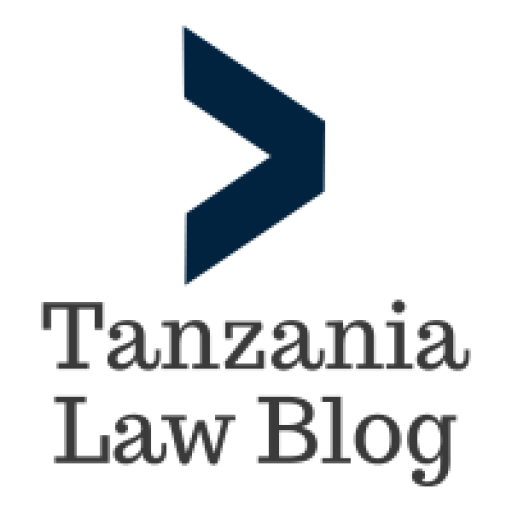In this blog post, I anatomise the option of objecting the attachment of property in execution of a decree based on a judgment. The effect of filing objection proceedings is that the property attached will be released or the sale of the property will be halted until the objections are investigated and determined.
The provisions of the Tanzanian Civil Procedure Code, Cap 33, that support the filing in court of objections to the attachment of property are Order 21 Rules 57-62. There is a view within the banking and financial services industry that the provisions cause delay and difficulty in executing decrees against banking business customers who become judgment debtors.
But the spirit of the provisions in relation to objection proceedings is to expedite such proceedings and to prevent abuse of court process, which may occur given the high-stakes, intense and faced-paced nature of the proceedings. According to the provisions, any person who, at the date of the attachment, had some interest in, or was possessed of, the property attached, may file an application in court objecting to the attachment.
The application, supported with an affidavit, must be filed in the court which passed the decree (see, Kangaulu Mussa v. Mpunghati Mchodo 1984 TRL 348 (HC)) and served on all parties. The objector may make an objection on the ground that the property attached is not liable to attachment, typically that it does not belong to the judgment debtor but to a third party. Spouses are, frequently, common objectors.
The court on receipt of the application is empowered to investigate the objection by hearing the parties. If, in the opinion of the court, the application was unnecessarily delayed, then the court will not order the investigation. The decree holder intending to challenge the objection is required to file a counter affidavit and the court is to handle the application speedily.
In terms of the High Court’s ruling in the case of Mrs Nuru Mbaraka v. Awadhi Abeid Hiyala and Bahati Abeid Hiyala [2002] TLR 188 , the magistrate who granted the order of attachment and sale ought to have determined the objection proceedings.
Order 21 Rule 58 of the CPC is clear about the obligation of the objector to give evidence that he had some interest in, or was possessed of, the property attached, at the date of the attachment. This obligation was reiterated by the High Court in the case of Kwiga Masa v. Samweli Mtubatwa [1989] TLR 103. But what is the standard of proof for evidence in objection proceedings?
Although there seems to be no direct judicial authority on this issue in Tanzania, the Supreme Court of Uganda in the case of Trans Africa Assurance Co. v National Social Security Fund [1999] 1 E.A. 352 held that the standard of proof required in such proceedings is that of balance of probabilities. Tanzanian courts are not bound by this decision; nevertheless, it is of persuasive value.
If the court rejects the objection, the decree holder will be allowed to continue with the attachment and execution, subject to encumbrances, such as, where applicable, a mortgage or charge created in favour of some person not in possession of the property. However, where the court approves the objection, the property or part thereof, as the case may be, will be released to the objector with or without costs of the objector.
Can an aggrieved party appeal? Court orders in objection proceedings are conclusive and are not appealable (see, Thomas Joseph Kimaro v. Apaisaria Martin Carl Mkumbo and Oscar Carl Mushi [2002] TRL 369). The aggrieved party can, as stipulated under Order 21 Rule 62 of the CPC, sue for the title of the property he is objecting by instituting a suit to recover the wrongly seized property. The filing of a suit can be used at the very outset to bypass objection proceedings.
• • •
If you would like further information on any issue raised in this blog post, send me a message via this online contact form.
• • •
Follow Tanzania Law Blog – Paul Kibuuka‘s insights into Tanzanian law and the legal issues relating to doing business or investing in Tanzania.
